An unbelievable variety of elements are concerned in getting a supercar from the drafting board by idea levels and into eventual manufacturing. The design language, aerodynamics, efficiency, and pricing are simply a few of the components which have to enrich one another with a minimal margin for error.
See Additionally: The Most Necessary Supercar Milestones of the Previous 50 Years
It’s nearly inevitable, then, {that a} supercar producer will sometimes journey up and find yourself with a disappointing product. In some circumstances, the carmaker is fortunate to flee with a slap on the wrist, however in different conditions, the implications of a supercar flop are far more extreme, as a few of the highlighted examples present.
#1: Jaguar XJ220
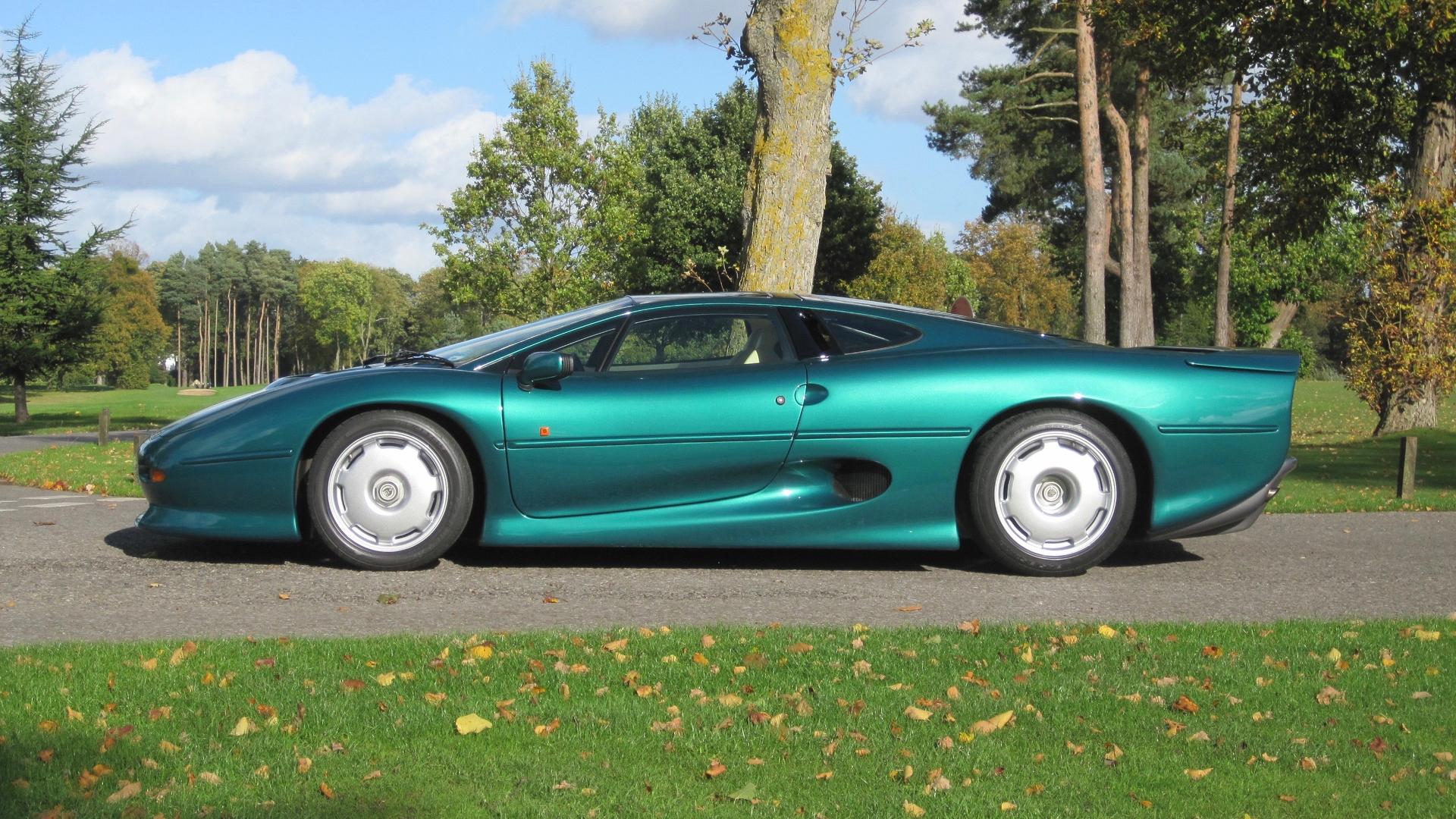
The journey of this low-slung British supercar started with a lot promise. Jaguar initially didn’t plan on placing the XJ220 idea into manufacturing when it was first unveiled on the 1988 Birmingham Auto Present.
Nevertheless, the extremely constructive reception modified all that, and the equipment for a manufacturing model was put in movement. Sadly, the carmaker bumped into a number of points through the growth that pushed the preliminary asking value from about $327,000 to over half one million (right this moment’s worth).
To compound issues, the engineers swapped out the race-bred 6.2-litre V12 engine—marketed within the prototype—with a tamer 3.5-litre Biturbo V6. This enraged a number of potential prospects, a lot of whom canceled their orders and threatened lawsuits. Then the worldwide financial recession rolled in, and Jaguar discovered it more and more laborious to promote its halo supercar. Finally, the XJ220 was killed off barely three years after its launch.
#2: Bugatti EB110
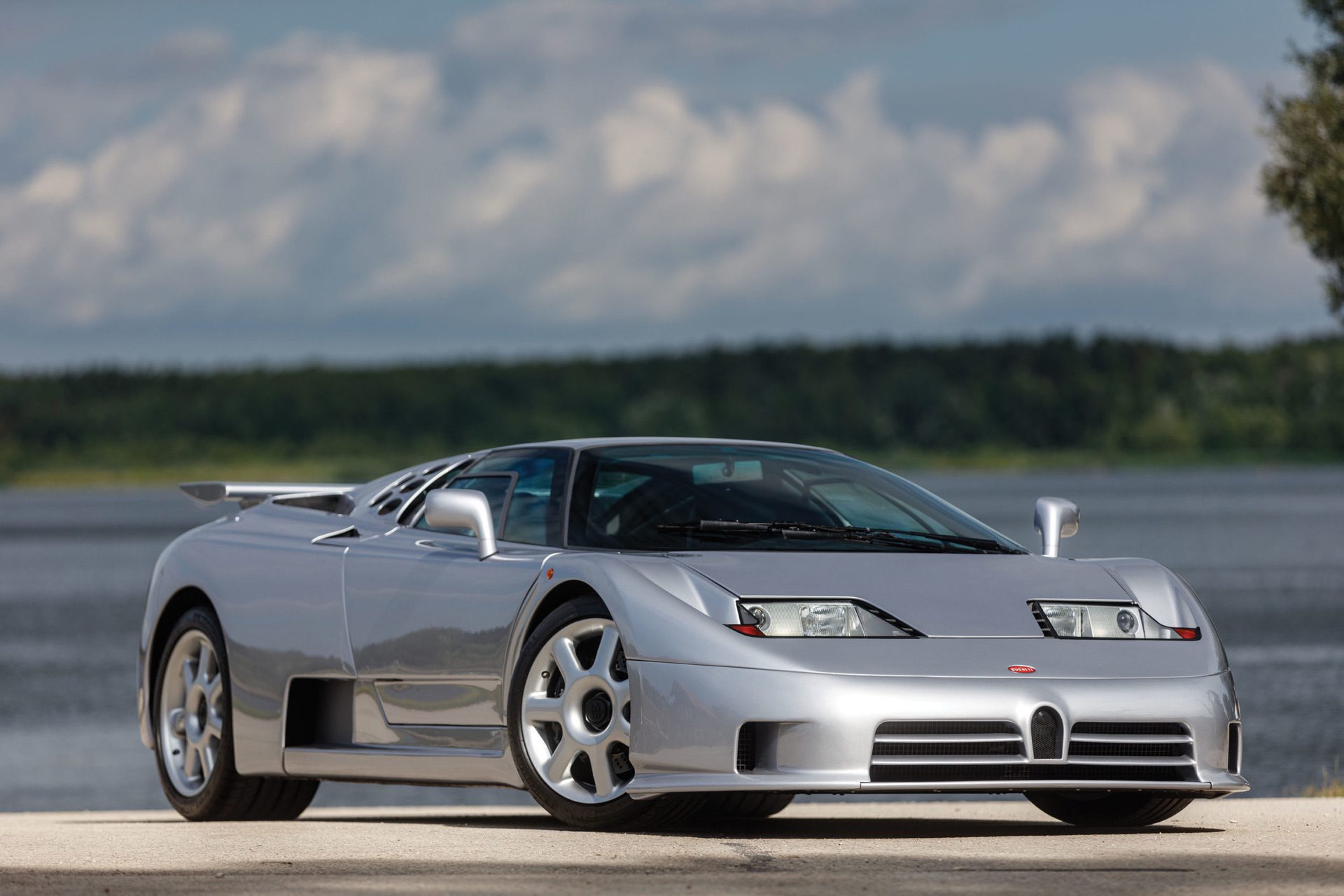

The Bugatti EB110 paved the best way for the formidable Veyron and Chiron hypercars. Nevertheless, its personal story was steeped in misfortune. When it debuted in 1991, the EB110 was hailed as a technological marvel with a number of progressive options on board.
Sadly, the timing of its launch coincided with a recession that swept by Europe and North America. That made the EB110’s $350,000 look unseemingly, presenting an nearly unimaginable barrier to possession, spectacular because the automobile was.
The carmaker was additionally going by a interval of enlargement at about the identical time and had hoped that EB110 gross sales would fund the corporate’s formidable development technique. Nicely, that didn’t occur, and solely 139 models of the automobile have been bought earlier than Bugatti flopped over on its facet and went bankrupt.
#3: Lamborghini Jalpa
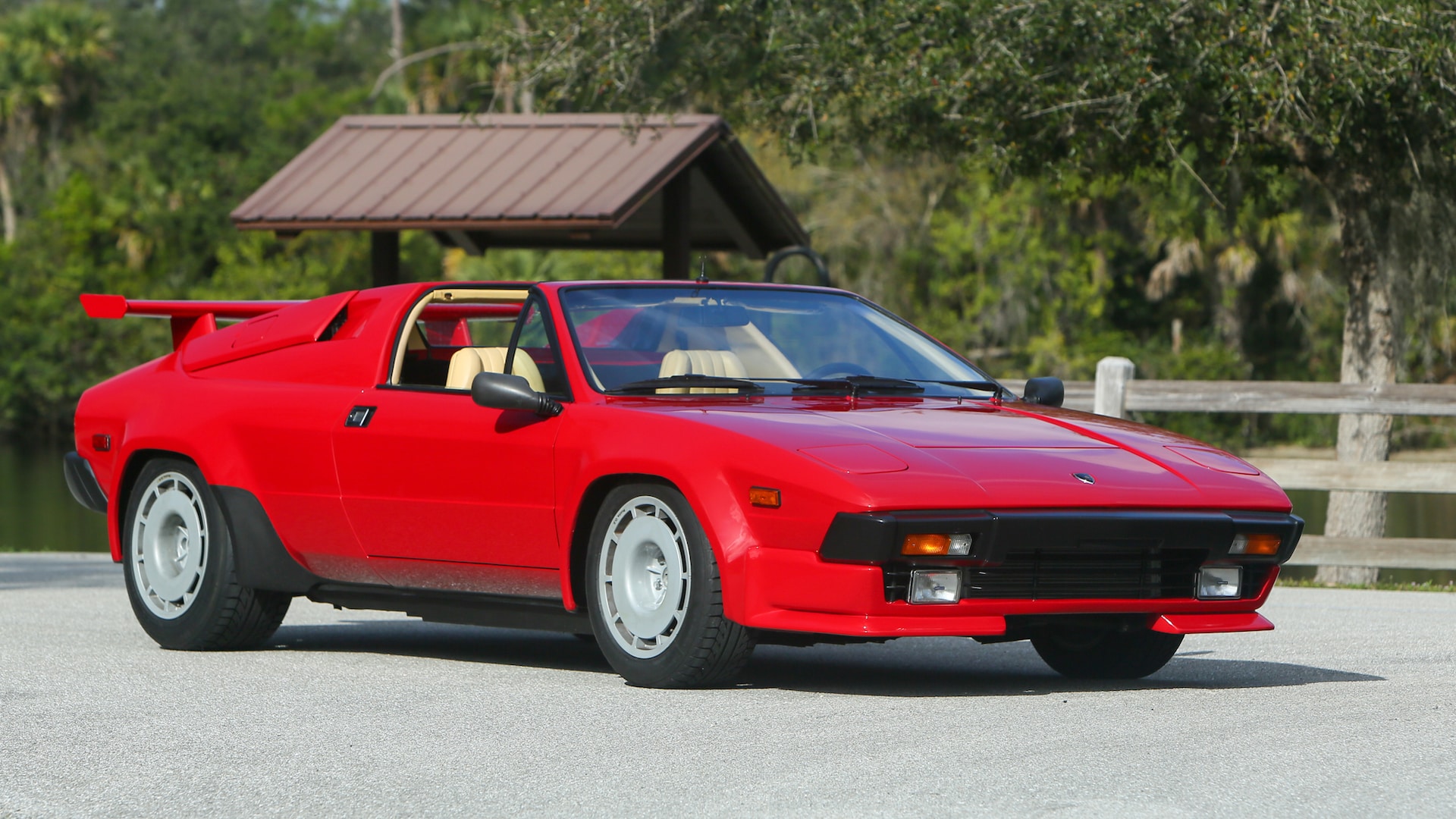
 There appears to be no stopping Lamborghini as of late. The corporate is on a roll, recording unprecedented successes with fashions just like the Urus, Huracan, and Aventador. Nevertheless, the carmaker has needed to endure just a few bumps on its path to glory—one such hiccup was the Lamborghini Jalpa.
There appears to be no stopping Lamborghini as of late. The corporate is on a roll, recording unprecedented successes with fashions just like the Urus, Huracan, and Aventador. Nevertheless, the carmaker has needed to endure just a few bumps on its path to glory—one such hiccup was the Lamborghini Jalpa.
The virtually forgotten sports activities automobile was designed as a extra ‘inexpensive’ different to the Countach flagship. Sadly, the automobile was poorly acquired, and simply over 400 have been produced from 1982 to 1988 when Lamborghini, now beneath new possession, pulled the plug.
#4: BMW M1
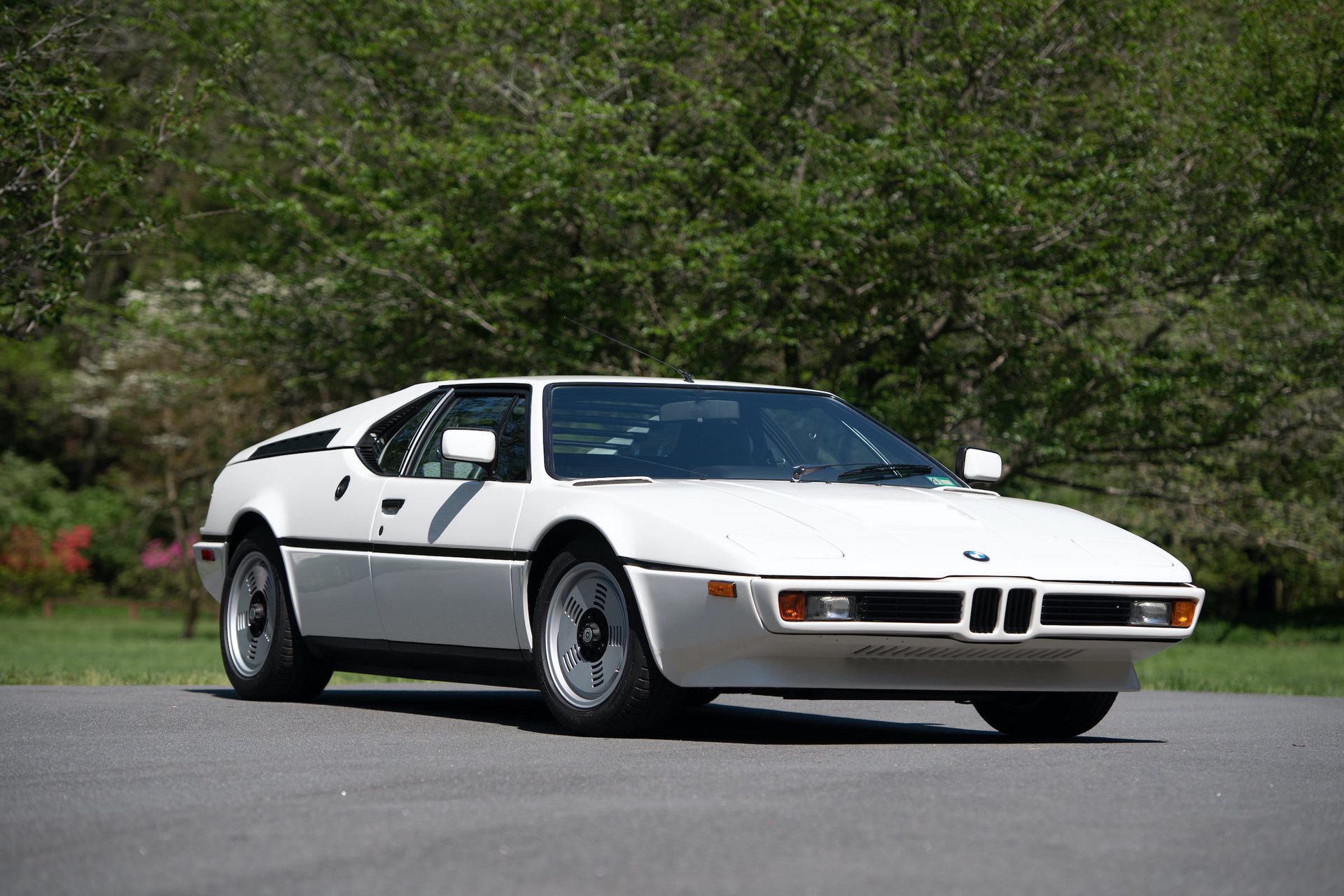

Born from the model’s want to enter aggressive racing, the BMW M1 was the primary automobile solely developed by the carmaker’s now well-known M Division. It was designed expressly to permit BMW to compete within the FIA Group 4 sports activities automobile racing.
Sadly, the competitors guidelines had modified by the point the M1 was prepared. This successfully rendered the automobile impotent earlier than it ever had an opportunity to showcase its spectacular efficiency capabilities.
BMW tried to maintain the M1 related by making a one-car racing sequence dubbed the BMW M1 Procar Championship, however that solely lasted a few years earlier than it was scrapped. Manufacturing lasted from 1978 to 1981 earlier than BMW lastly gave up on the automobile after about 450 automobiles had rolled off the meeting line.
#5: Ferrari Mondial 8
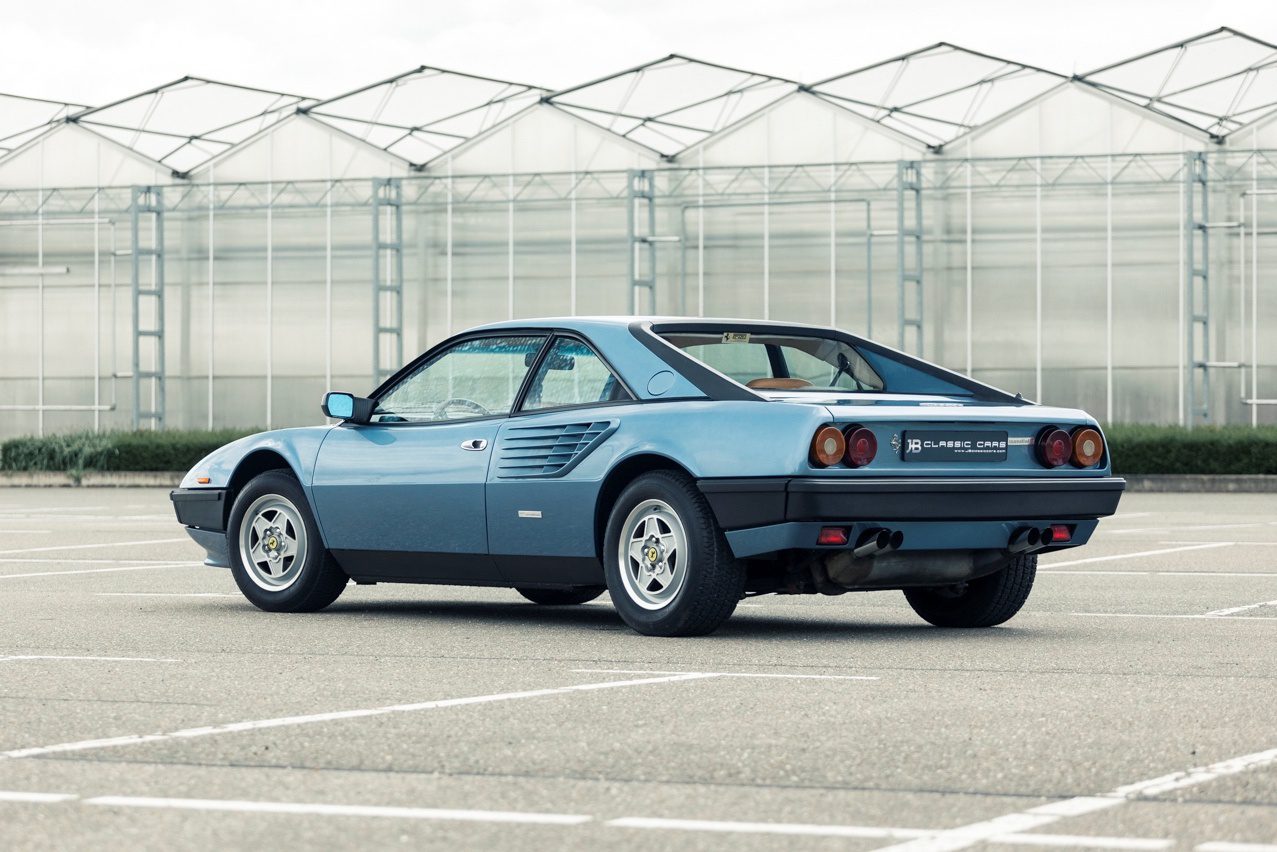

The Mondial 8 changed the 308/208 GT4 coupe and was designed as a mid-engined V8 Grand Tourer with a 2+2 seating configuration. Whereas nice in idea, the concept didn’t end up so properly in the true world, and the poor Mondial 8 is an everyday function on the listing of the worst Ferraris ever made. For one, the Mondial 8 was no light-weight at about 3,460 kilos. Then there was an underpowered V8 engine that generated solely 214 hp.
The Mondial wanted nearly eight seconds to hit 62 mph. It was an unacceptable efficiency for a automobile that was neither low-cost nor dependable. Fortunately, Ferrari rapidly realized this and launched an improved variant—the Mondial QV—simply two years after the Mondial 8.
#6: Caparo T1
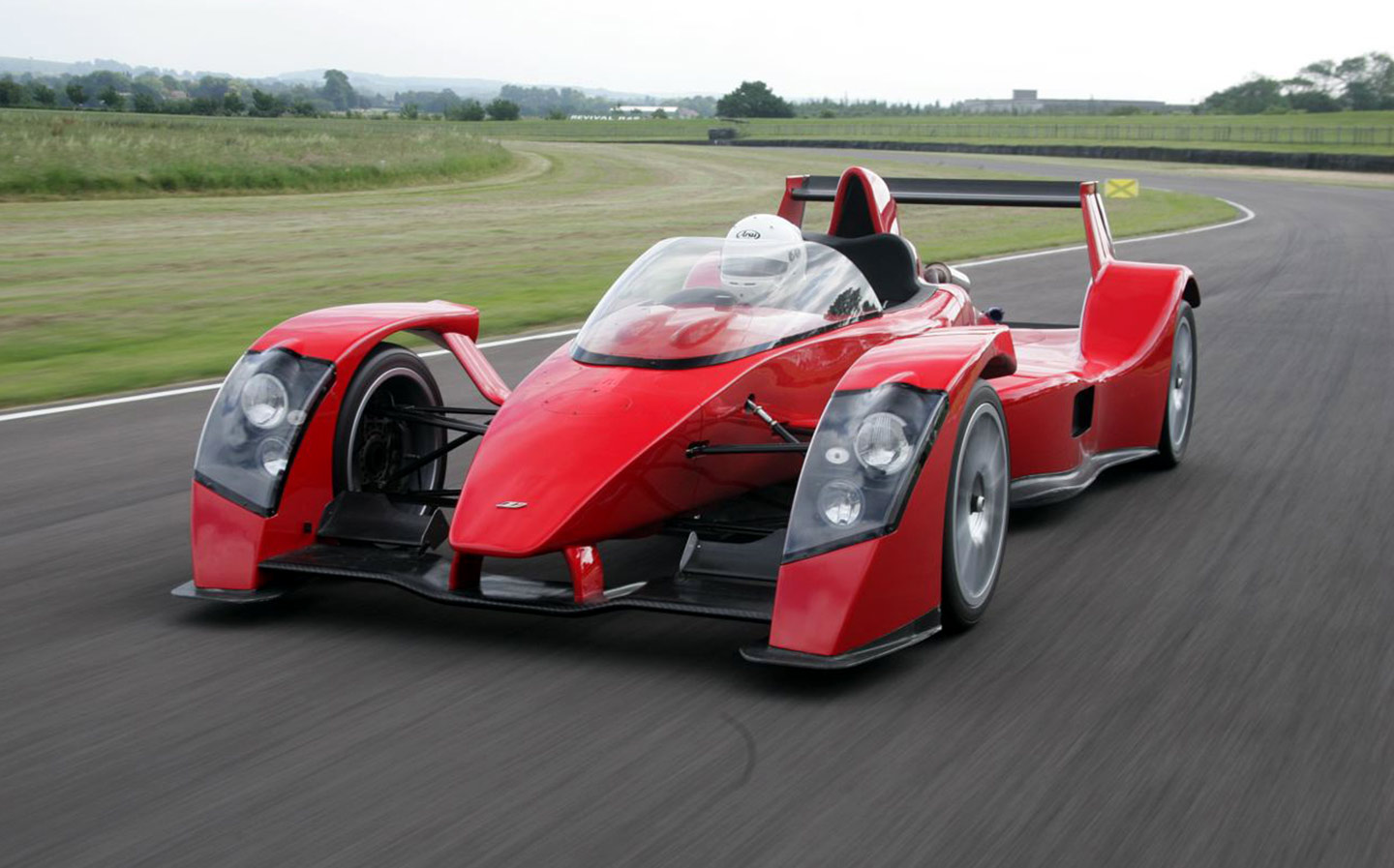

Think about an F1 automobile reimagined for street use. That, and extra, was what the Caparo T1 promised again when it was launched in 2006. The one-seater supercar was powered by a naturally aspirated V8 that cranked out 575 hp and 310 lb-ft of torque. A modest quantity for a supercar, however then the T1 weighed only one,036 lbs (470 kg).
That meant it had a greater power-to-weight ratio than hypercars just like the Bugatti Veyron and will rocket to 100 mph in lower than 5 seconds. Sadly, the total potential of the T1 was by no means realized. A number of security incidents, together with a suspension failure through the launch, threatened to derail the undertaking.
Gross sales have been additionally downright disappointing. In accordance with stories, solely 15 models of the T1 had been bought by 2012; in opposition to a deliberate run of 25 models per 12 months. Then the corporate ran aground, hit by a wave of monetary difficulties that put it on the verge of chapter in 2015. By 2019, Caparo Automobile Applied sciences was absolutely liquidated, taking any dream of resurrecting the T1 with it.
#7: Mitsuoka Orochi
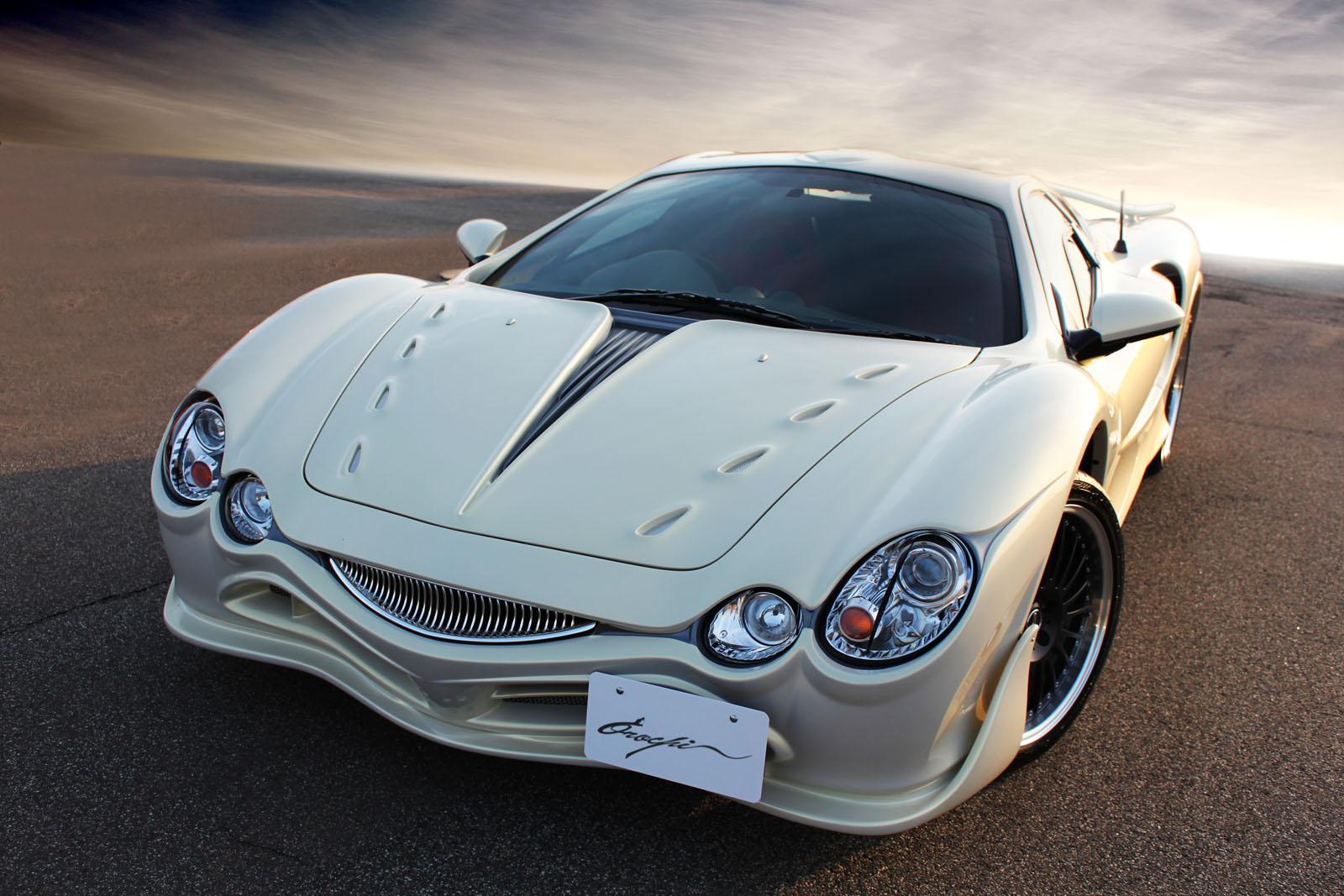
 The Orochi was a Japanese sports activities automobile constructed from 2006 to 2014. For good purpose, it’s usually considered one of many ugliest automobiles ever made. It’s laborious to level out any positives concerning the automobile. It weighed over 3,400 lbs and desperately wanted extra energy than what was provided by the 233-hp V6 engine.
The Orochi was a Japanese sports activities automobile constructed from 2006 to 2014. For good purpose, it’s usually considered one of many ugliest automobiles ever made. It’s laborious to level out any positives concerning the automobile. It weighed over 3,400 lbs and desperately wanted extra energy than what was provided by the 233-hp V6 engine.
The Orochi wanted nearly 7 seconds to hit 60 mph, an abysmal determine for a supposedly high-performance automobile. No shock then that it was additionally a industrial bomb. A couple of particular version fashions have been unable to show the tide within the automobile’s favor, and in 2014, Mitsuoka mercifully put an finish to the Orochi.
#8: Vector W8
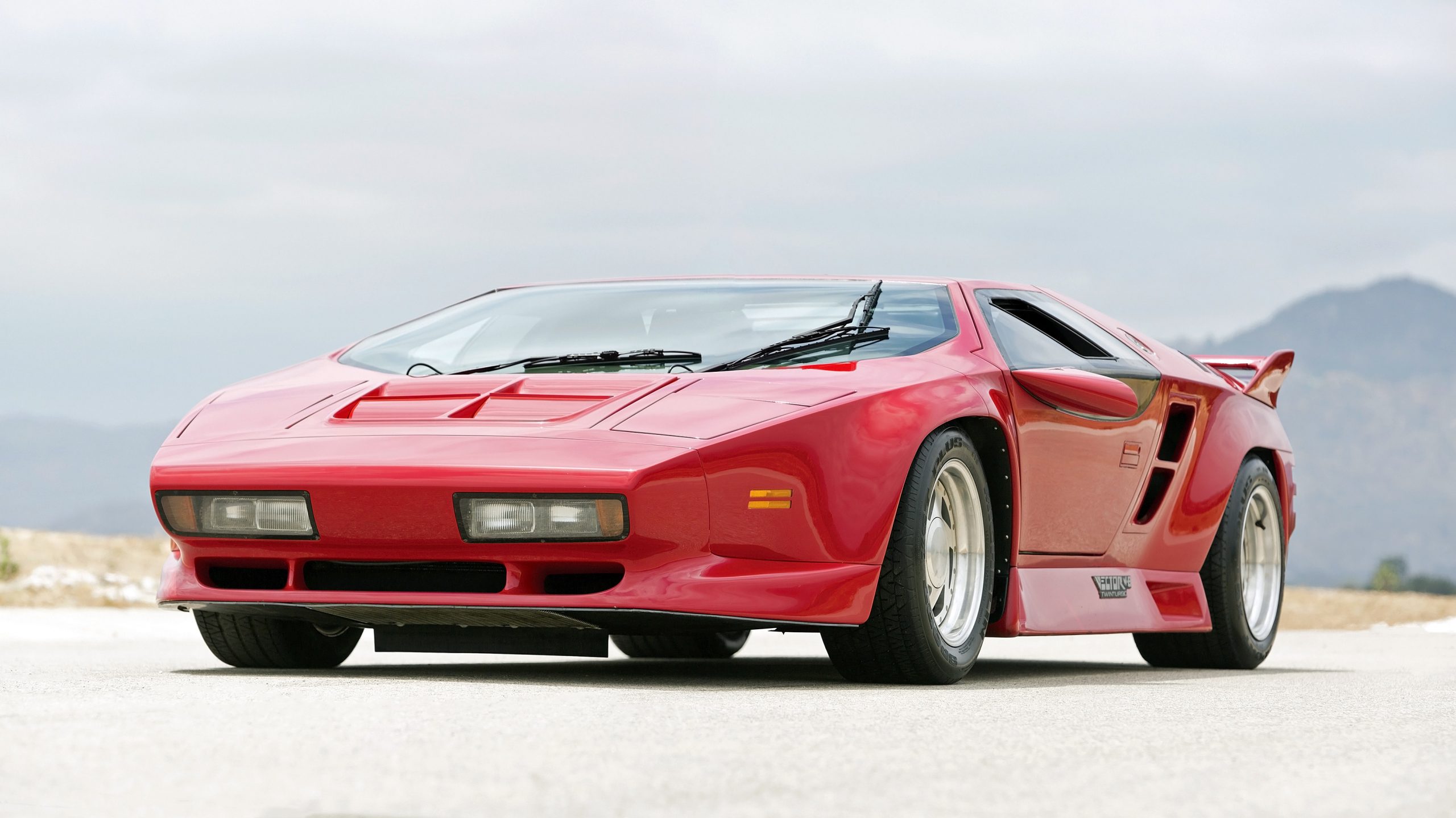

This American supercar was touted because the one that may lastly take the battle to the established Italian heavyweights—Lamborghini and Ferrari. Pricewise, it actually appeared able to that with an eye-watering $450,000 price ticket again in 1992. It wasn’t missing within the energy division both.
The W8 had a 6.0-litre Rodeck twin-turbocharged V8 that generated 625 hp at 5,700 rpm. The carmaker claimed the W8 might hit a 242 mph high velocity, which might have made it the quickest manufacturing automobile on the time.
Sadly, the W8’s styling got here in for lots of criticism, and a number of other reliability points additional sophisticated issues. In the long run, lower than 20 automobiles have been bought earlier than the W8 undertaking folded and sank, with the corporate following quickly after.
#9: DeLorean DMC-12
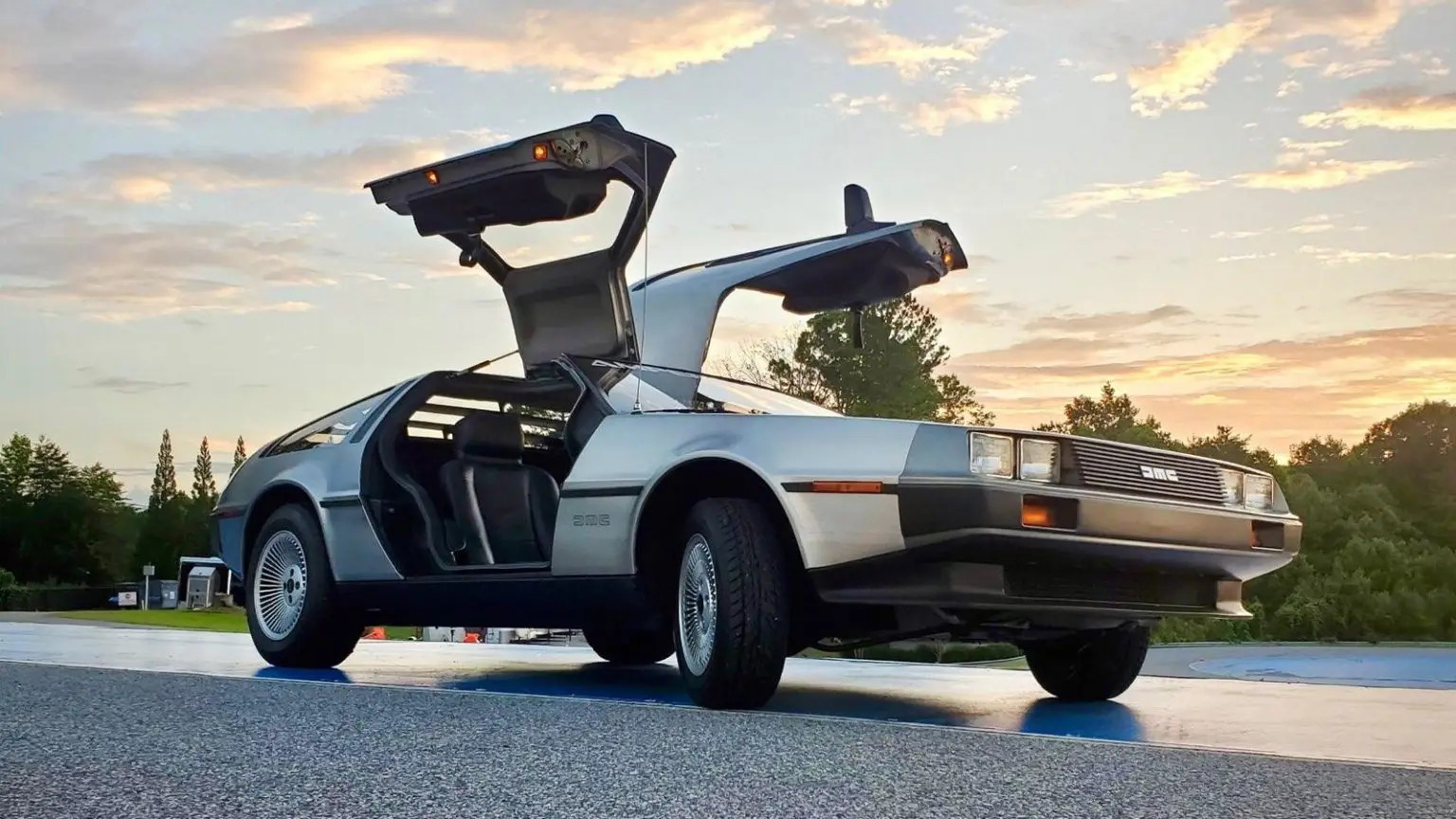

The DeLorean DMC-12, with these iconic gullwing doorways, needs to be probably the most recognizable sports activities automobiles ever. The automobile was made well-known by its portrayal within the Again to the Future film franchise with a cult following that’s nonetheless energetic.
Away from the film display, nevertheless, the DMC DeLorean had a extensively contrasting fortune and destiny. First off, the construct high quality was terrible, with imperfect hole dimensions among the many automobile’s many points. It was additionally painfully sluggish, needing nearly 10 seconds to hit 60 mph.
One can solely marvel why the designers settled on a 132-hp engine to haul the automobile’s 2,866 lbs (1,300 kg) mass round. The DMC-12 was additionally costly, and DeLorean had a tough time pushing gross sales. Finally, a scarcity of money stream, primarily as a result of DMC-12’s poor market efficiency, drove the corporate to insolvency and eventual destroy.
#10: Lexus LFA
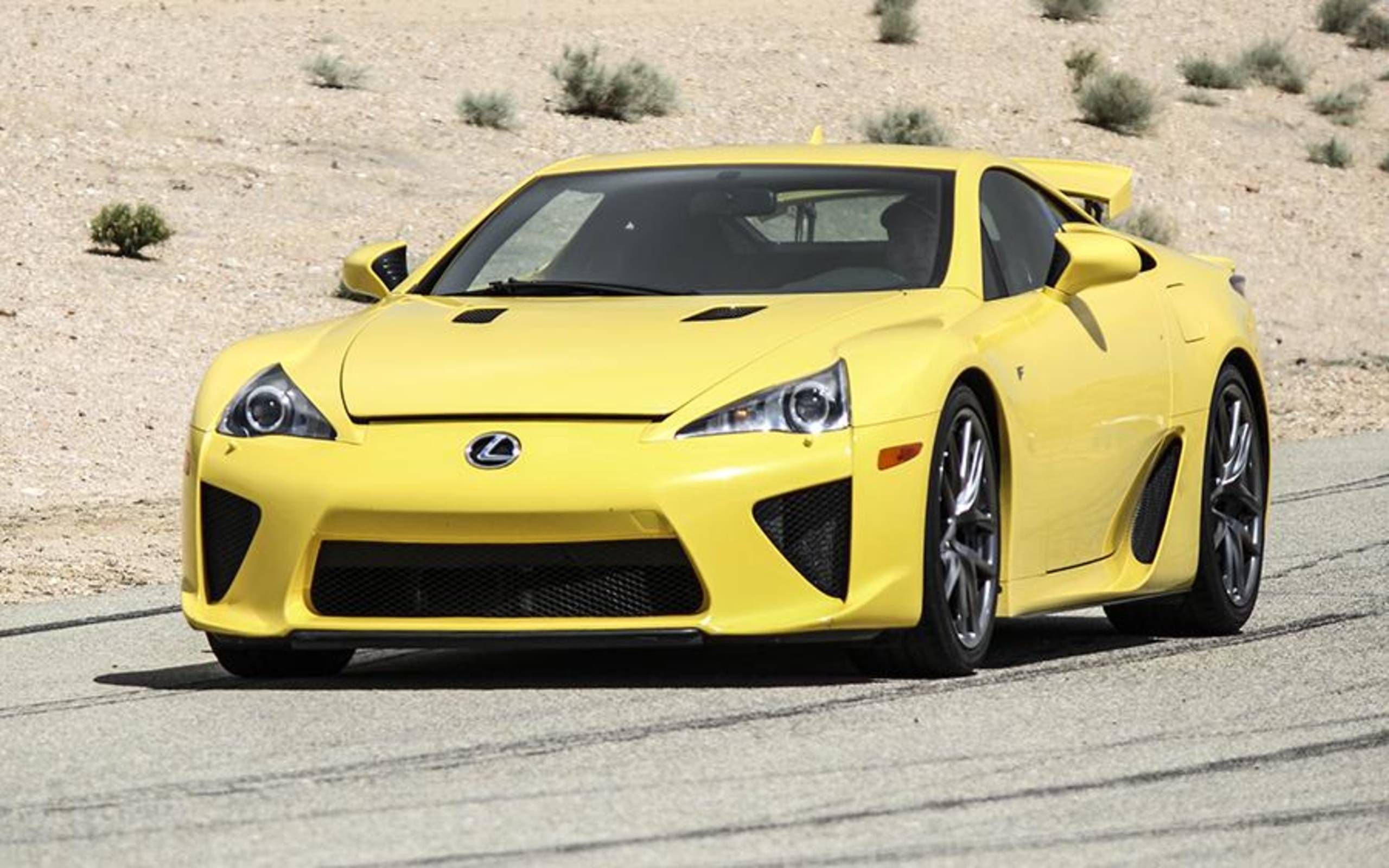

The Lexus LFA is an enigma, a supercar with one of many best-sounding engines ever fitted in a manufacturing automobile. Packed inside its body is a naturally aspirated 4.8-litre V10 that screams to a heady 9,000 rpm, churning out 553 hp and 354 lb-ft of torque within the course of. Nevertheless, the automobile’s efficiency and standing got here at an excellent value to the carmaker.
The LFA supercar is considered a industrial failure. It was priced extremely excessive, with a launch value of about $375,000, and even that was not sufficient to cowl the huge R&D prices incurred by the carmaker. Lexus reportedly took an enormous hit for each unit bought. The carmaker constructed solely 500 models from 2010 to 2012, and it’s telling that as lately as 2020, eight years after manufacturing formally ended, Lexus nonetheless had just a few brand-new unsold LFAs sitting in supplier showrooms.


